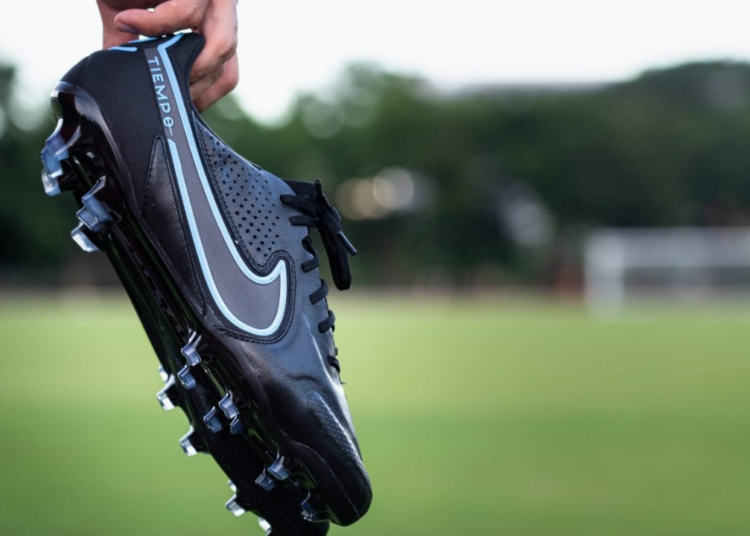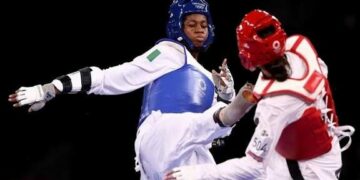Nike has announced it will “stop making any product with kangaroo leather” by the end of 2023, the sportswear giant said in a statement.
Nike’s latest offering of its famed Tiempo soccer shoe franchise will “debut with a new Nike-only, proprietary synthetic upper, [with] a new material that is a better performance solution and replaces the use of kangaroo leather.”
This comes after the introduction of a bill in mid-January in Oregon — where Nike is headquartered — that would ban the sale of “any part of a dead kangaroo or any product containing a part of a dead kangaroo.” The punishment would include up to a year in prison, a $6,250 fine, or both.
There is also a bipartisan bill that was introduced in the House of Representatives, the Kangaroo Protection Act of 2021 (H.R. 917), that would prohibit and criminalize the import, transport, and sale of all kangaroo products in the United States for commercial purposes. California is currently the only other state that prohibits the sale of kangaroo-based products.
The move by Nike comes less than two weeks after German sportswear company Puma said they will “stop producing football boots with kangaroo leather altogether this year.” Puma’s latest King model will feature “K-Better, [a] completely new, non-animal based upper material.”
As of mid-December, Soccer.com had sold more than 70 models of firm-ground cleats — out of more than 600 total — containing kangaroo leather made by Nike, Adidas, New Balance, Puma, Mizuno, and more. For years, soccer’s most expensive releases were made with kangaroo leather, also marketed as “k-leather.” Recent boots include Nike’s Tiempo 9 Elite, Adidas’ Predator Edge 94+ and Predator Pulse UEFA Champions League models, Puma’s KING Platinum 21 Rallye and Mizuno’s Morelia Neo III, which all ranged from $220 up to $350.
As recently as April 2021, the global commercial kangaroo product industry was worth roughly $200 million annually to Australia; the U.S. was its second-largest global market at $80 million. Fashion, also once a massive proprietor of k-leather, has already seen a mass exodus; in late 2019, Versace went k-leather free and the Prada Group followed in mid-August 2020. Chanel, H&M, Diane von Furstenberg, Victoria Beckham, Salvatore Ferragamo and Paul Smith have all gone k-leather free as well.





